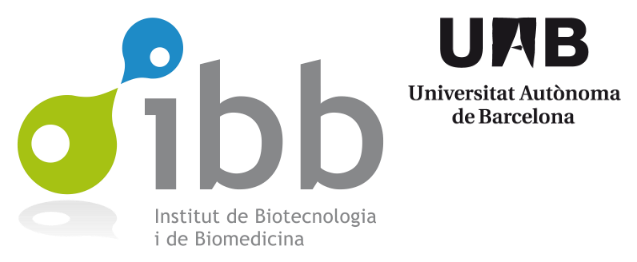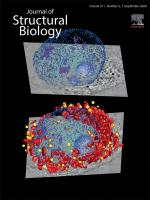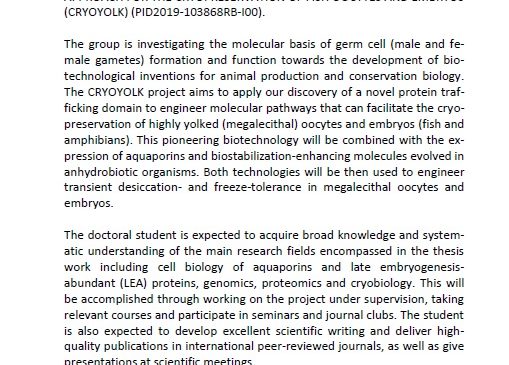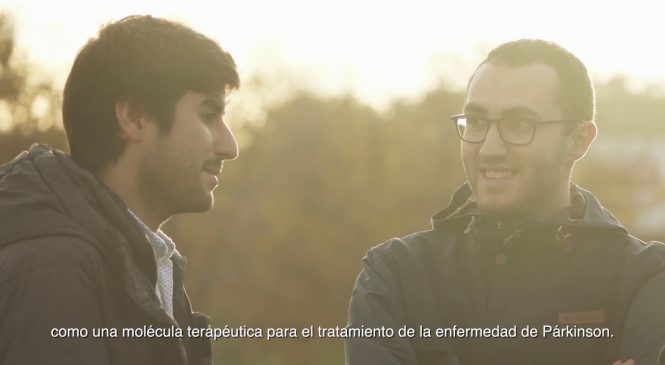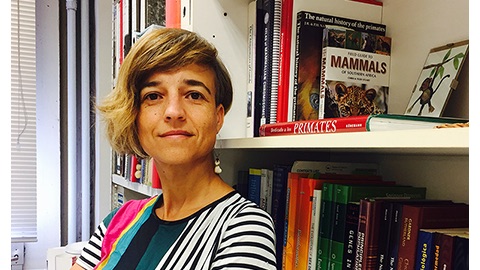
Una nova hipòtesi explica per què el cromosoma Y no s’ha extingit (encara) en els mamífers
Investigadors de la UAB i de la Universitat de Nova Gal·les del Sud (Austràlia) han desenvolupat una nova hipòtesi que suposa un canvi de paradigma en la història evolutiva del cromosoma Y en els mamífers. La investigació s'ha publicat a Trends in Genetics.
Dels 23 parells de cromosomes en els quals s'organitza el genoma humà, el dels cromosomes sexuals dels individus masculins és el més peculiar: de fet és l'únic en què un dels dos components de la parella, anomenat I i portador dels caràcters masculins, té molt menys gens que el cromosoma X, a més de ser molt més petit que qualsevol altre cromosoma no sexual (o autosoma).
Els estudis publicats fins al moment han postulat que aquesta disparitat és el resultat d'un procés evolutiu progressiu de degeneració durant 200
